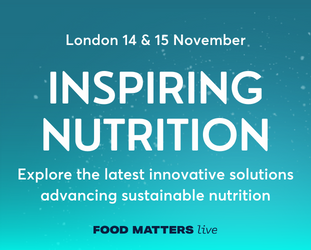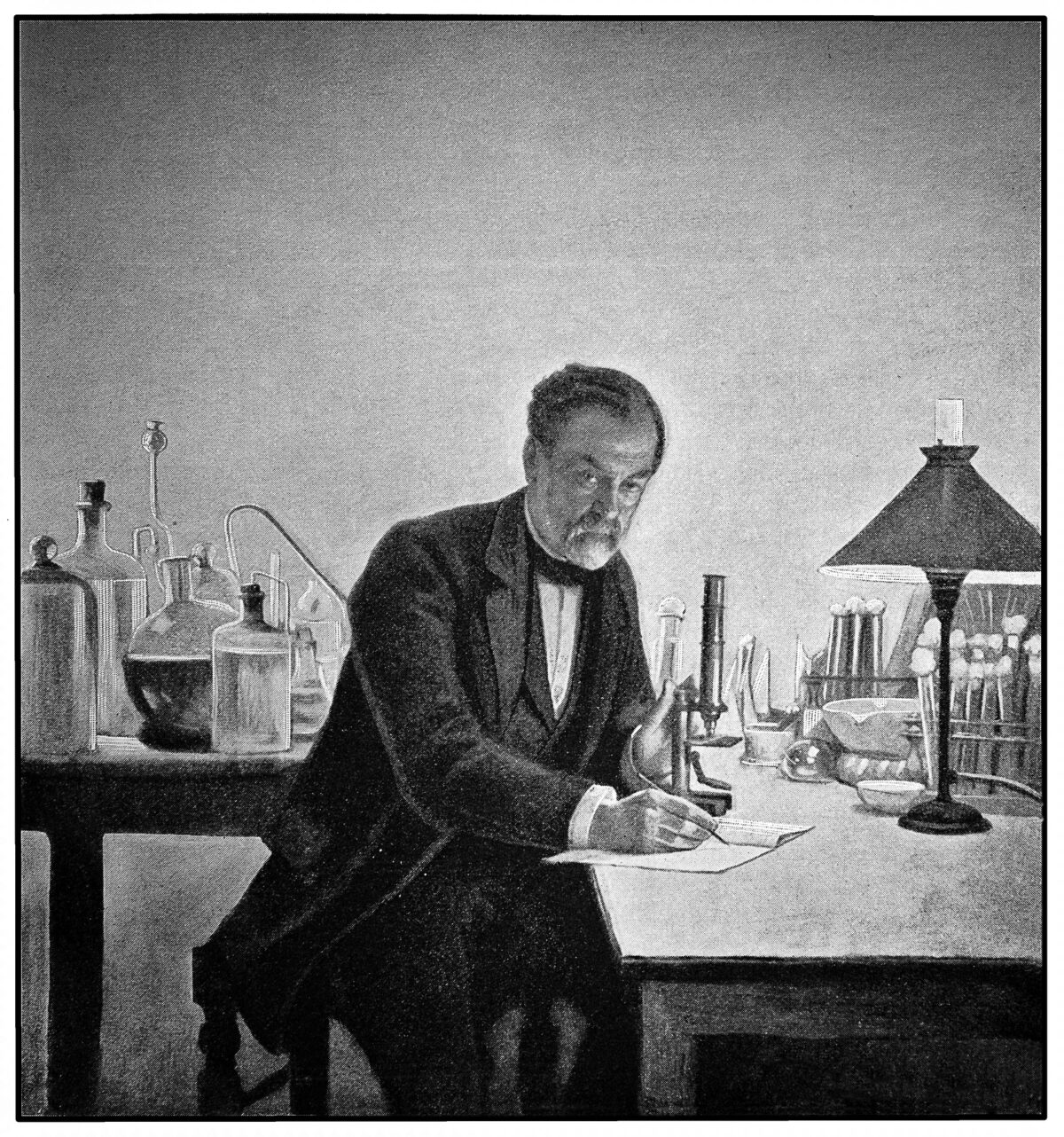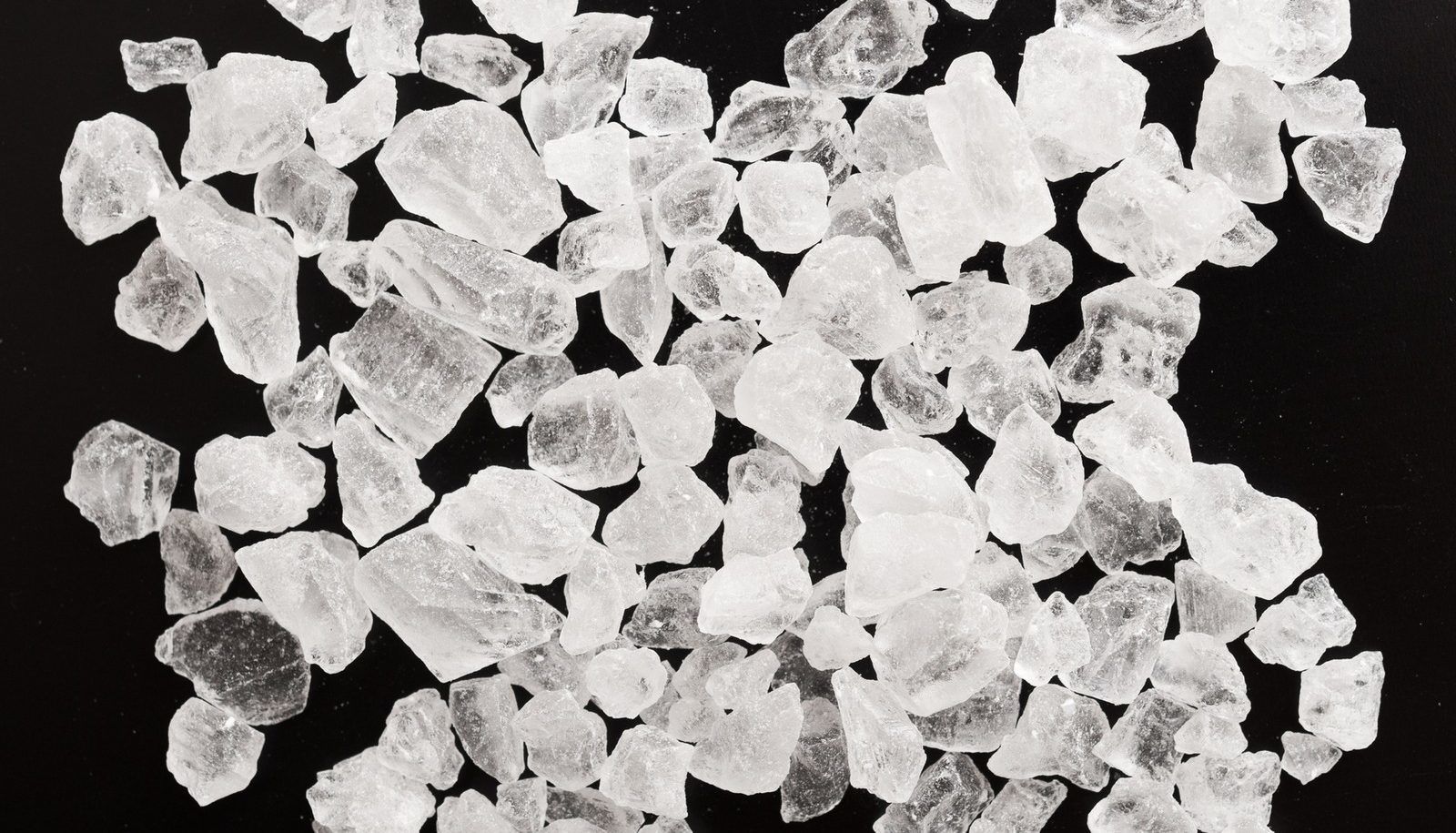New findings showing human ability to detect calories in sugars could influence future production of healthier food and drink, says Monell Center study

Humans may be able to detect calories in sugars through an additional pathway in their taste buds, a new study from scientists at the Monell Chemical Senses Center reveals.
The research, which was conducted on 12 participants, is the first human example of taste bud cells being able to detect the calorie levels in glucose. The team at Monell first noticed examples of this extra sensory quality during a study using mice. The scientists discovered that the rodents could detect when a sweetener had calories to burn for energy.
“Overall, there are two sweet-sensing pathways in the mouth: one for sweet taste, and another for detecting potential energy-burning sugars,” said co-author Linda J. Flammer, PhD, a senior research associate at Monell.
As a result of their findings, Monell’s scientists believe this calorie detection system in our mouths could be responsible for why we tend to prefer sugar in our diets as opposed to sweeteners.
Paul Breslin, an investigator at Monell and professor of Nutritional Sciences at Rutgers University said: “It is remarkable that we evolved a mechanism not only to taste oral sugars as sweet, but also to sense that they have a metabolic or caloric signal.”
He added: “This means that the mouth is much smarter than we realized and that it will be difficult to trick it by simply providing non-caloric sweeteners.”
Artificially sweetened drinks were first launched on the market in the fifties to cater to the diabetic market, but whilst popular with dieters, they have never enjoyed the same success as their sweetened counterparts, with consumers still preferring sugary beverages.
If the drinks market is to push its sales of healthier beverages, Monell’s researchers hope this new study will be considered during future production of sugar-free or low-sugar drinks.
Breslin said: “As a public health initiative, might we get beverages and foods with lower sugar levels to be more rewarding? Now that we know there is this second glucose-sensing system in the mouth, maybe we can tap into it to make healthier beverages that people enjoy drinking.”
Founded in 1968, the Philadelphia-based Monell Chemical Senses Center is a non-profit research space, trying to better understand taste and smell in ways that will improve our health.









